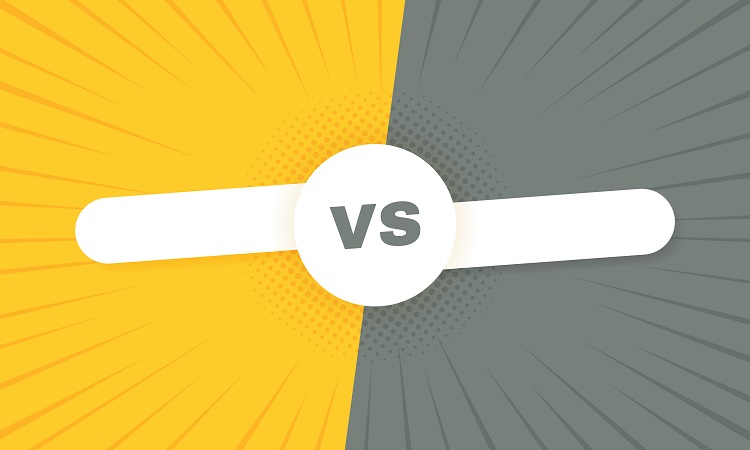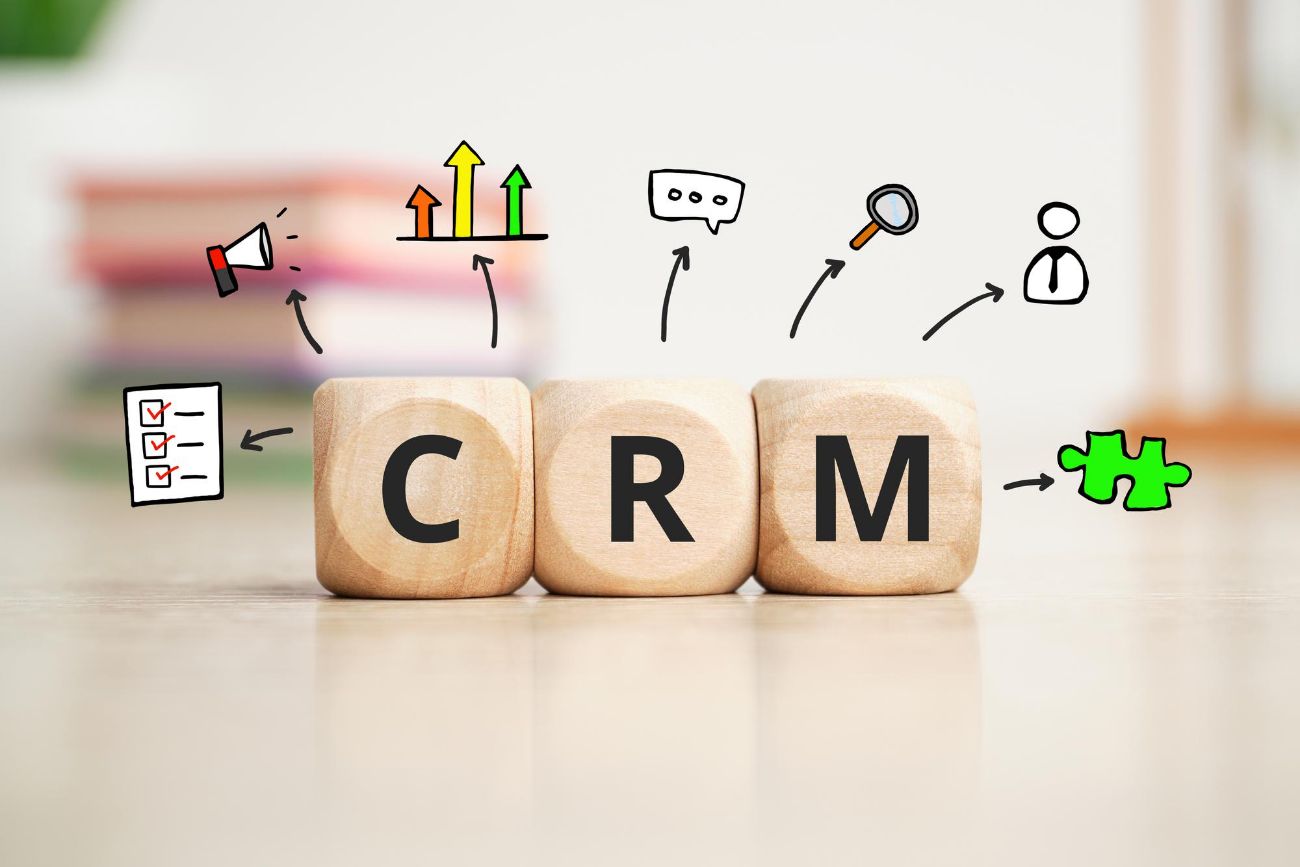Business CRM, understanding the basics of CRM (Customer Relationship Management) is essential for businesses looking to implement a CRM system. CRM is a software solution that enables companies to manage and analyze their interactions with customers, prospects, and leads.
At its core, CRM focuses on building and nurturing relationships with customers by centralizing customer data, streamlining communication, and providing insights to enhance customer engagement.
Before implementing a CRM, certain steps should be taken, such as assessing your business needs, defining your goals and objectives, evaluating your existing processes and systems, identifying potential challenges, and ensuring that your business is ready for CRM implementation.
Selecting the appropriate business management CRM software is crucial. You may consider factors such as the size of your business, industry-specific requirements, budget, scalability, integration capabilities, and user-friendliness. Thoroughly research different CRM options and choose the one that aligns best with your business needs.
Once you have chosen a CRM system, you need to set it up properly. This involves configuring the CRM according to your business requirements, customizing fields and workflows, importing and organizing customer data, and defining user access permissions.
To maximize the benefits of CRM, it is essential to integrate it with other tools and software your business uses. This may include email marketing platforms, customer support systems, accounting software, or e-commerce platforms. Integration ensures seamless data flow and enables a comprehensive view of customer interactions.
Regularly evaluate the success and impact of your CRM implementation. Monitor key performance indicators (KPIs) such as customer satisfaction, sales growth, customer retention, and efficiency in customer interactions. Analyze data and insights generated by the CRM system to assess the effectiveness of your CRM strategy and make necessary adjustments.
This was a brief explanation of a well-executed CRM implementation. Furthermore, we will be discussing the ways to maximize CRM functionality, best practices for CRM usage, and why we believe that EQUP has everything that you need for your business automation.
Maximizing CRM functionality
There are several factors that you need to consider to maximize CRM functionality for your business. These may include:
Setting clear goals and objectives for your CRM
Before implementing a CRM system, it’s important to define clear goals and objectives. This involves identifying what you aim to achieve with CRM, such as improving customer retention, increasing sales, or enhancing customer satisfaction. Clear goals help align CRM implementation with your business objectives.
Customizing your CRM to meet your business needs
Every business has unique requirements, and CRM systems offer customization options to tailor the software to your specific needs. This involves configuring fields, workflows, and modules to match your business processes. Customization ensures that the CRM aligns seamlessly with your operations and captures relevant data.
Streamlining processes and workflows with CRM automation
CRM automation simplifies and accelerates routine tasks and processes. By automating repetitive tasks, such as lead assignments, email notifications, or data entry, businesses can save time, reduce errors, and streamline their workflows. Automation frees up resources, allowing teams to focus on more value-added activities.
Leveraging CRM Data for better decision making
CRM systems store a wealth of customer data, and businesses can harness this information for data-driven decision-making. Analyzing CRM data helps identify trends, customer preferences, and areas for improvement. By leveraging insights from CRM data, businesses can make informed decisions to optimize marketing strategies, product offerings, and customer service.
Using CRM for effective lead management
CRM systems provide tools to effectively manage leads throughout the sales process. This includes capturing and organizing leads, tracking their interactions, and assigning follow-up tasks. CRM facilitates lead nurturing by automating personalized communications, allowing businesses to prioritize leads and maximize conversion rates.
Enhancing customer engagement with CRM
CRM plays a crucial role in enhancing customer engagement. By consolidating customer data, businesses can gain a holistic view of their customers, enabling personalized interactions and targeted marketing campaigns. CRM enables businesses to deliver timely, relevant, and consistent messages, improving customer satisfaction and fostering long-term relationships.
Collaborating with team members using CRM features
CRM systems offer collaborative features that enable team members to work together efficiently. This includes shared access to customer information, activity tracking, and communication logs. Collaboration within CRM enhances cross-functional teamwork, improves communication, and ensures a unified approach to customer interactions.
Best Practices for CRM Usage

If you wish to have customer service management software that supports effective decision-making, enhances customer relationships, and drives business growth, you have to follow some best practices for CRM usage. These include:
Keeping your CRM data clean and up-to-date
Maintaining clean and up-to-date CRM data is crucial for accurate reporting and effective decision-making. Regularly review and update customer information, remove duplicates, and ensure data consistency to maximize the usefulness of your CRM system.
Maintaining data security and privacy
Data security and privacy are paramount when managing customer information. Implement security measures to protect sensitive data, such as user access controls, encryption, and secure hosting. Adhere to data protection regulations and best practices to build trust with your customers.
Regularly backing up your CRM data
To safeguard against data loss or system failures, regularly back up your CRM data. Implement a backup strategy that ensures data redundancy and quick recovery in case of any unforeseen events. This protects your valuable customer information and ensures business continuity.
Conducting regular CRM audits and evaluations
Periodically conduct CRM audits and evaluations to assess the system’s performance and identify areas for improvement. Evaluate user adoption, data quality, system integrations, and overall CRM effectiveness. This helps you identify issues, optimize processes, and make informed decisions.
Staying up-to-date with the latest CRM trends and technologies
CRM is an evolving field, and staying abreast of the latest trends and technologies is essential. Stay informed about new features, updates, and industry advancements to leverage emerging CRM capabilities and gain a competitive edge.
Integrating feedback from customers and team members
Collect feedback from both customers and team members regarding their experience with the CRM system. Gather insights on usability, functionality, and areas for improvement. Incorporate feedback to make user-driven enhancements and ensure the CRM aligns with user needs.
Continuously improving your CRM usage based on feedback and data analysis
Analyze CRM data and feedback to identify areas where the system can be optimized. Monitor key metrics, such as customer satisfaction, sales performance, and user adoption rates. Continuously refine your CRM strategy, workflows, and configurations to maximize efficiency and achieve better outcomes.
How EQUP Can Be Your Ideal Business Partner?

EQUP CRM software is the perfect business partner for small and medium-sized enterprises (SMEs). It is designed to streamline your operations, enhance customer relationships, and drive growth. With its user-friendly interface and customizable features, EQUP is tailored to meet the unique needs of SMEs.
From centralized customer data management and lead tracking to automated communication and personalized support, EQUP empowers your business to thrive in today’s competitive landscape. Gain a 360-degree view of your customers, make data-driven decisions, and deliver exceptional customer experiences.
With EQUP, you can optimize your sales processes, increase efficiency, and foster long-lasting customer loyalty. Experience the power of EQUP and take your SME to new heights. Try EQUP today and witness the difference it can make for your business.
EQUP CRM solution is designed to help small and medium-sized enterprises (SMEs) manage customer relationships more effectively. It empowers SMEs to manage their customer relationships effectively, streamline processes, and deliver personalized experiences. By utilizing EQUP, SMEs can optimize their operations, increase customer satisfaction, and achieve sustainable growth in a competitive market.
Comparison of EQUP With Some of its Competitors

EQUP stands out among the leading CRM software options available in the market. Here’s a comparison of EQUP with some of its competitors:
EQUP vs. Salesforce: While Salesforce is a renowned CRM platform, it is often considered more suitable for large enterprises due to its complexity and higher costs. EQUP, on the other hand, is designed specifically for all kinds of businesses, small, medium-sized, and large enterprises, offering a user-friendly interface, affordability, and scalability tailored to their needs.
EQUP vs. HubSpot CRM: HubSpot CRM is known for its inbound marketing capabilities and integration with other HubSpot tools. However, EQUP provides a more comprehensive set of features, including centralized customer data management, sales automation, and personalized support.
EQUP vs. Zoho: Zoho CRM is a popular choice for businesses of all sizes. While both EQUP and Zoho offer similar features such as lead management and automation, EQUP focuses specifically on providing a more tailored solution at a competitive price point.
EQUP vs. Keap: When comparing EQUP CRM with Keap, both are popular CRM software options in the market. EQUP is an ideal choice for SMEs seeking a comprehensive, user-friendly CRM solution with a focus on customer relationship management. Keap, with its emphasis on marketing automation, may be more suitable for businesses looking for a combined CRM and marketing automation platform.
Conclusion
While other CRM options in the market may have their strengths, EQUP stands out as an ideal choice for businesses looking to effectively manage their customer relationships without the complexity and higher costs associated with larger enterprise-focused CRM solutions.
